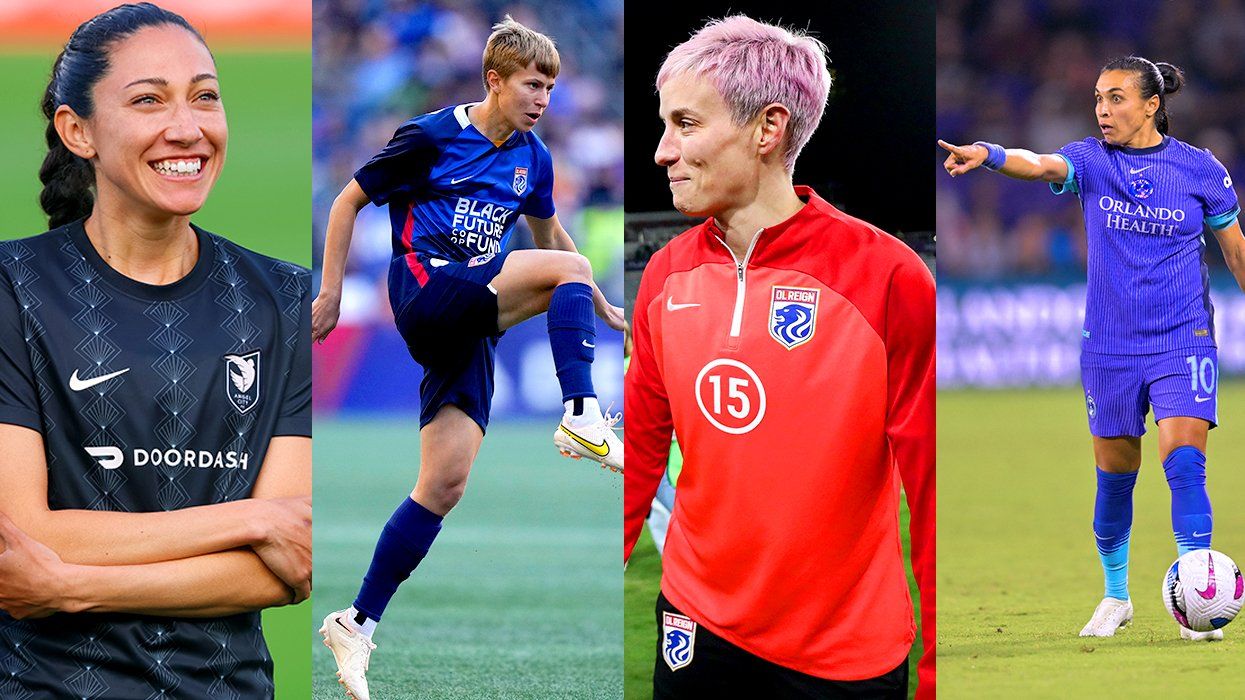African American lesbian, gay, bisexual, transgender, and queer (LGBTQ) communities have always existed in Harlem, residing here since this former Dutch enclave became America’s Black Mecca in the 1920s.
The visibility of Harlem’s LGBTQ communities for the most part was forced to be on the "down low." But gay Harlem, nonetheless, showcased its inimitable style with rent parties, speakeasies, sex circuses, and buffet flats as places to engage in protected same-gender milieu.
And let’s not forget Harlem’s notorious gay balls. During the 1920s in Harlem, the renowned Savoy Ballroom and the Rockland Palace hosted drag ball extravaganzas with prizes awarded for the best costumes. Harlem Renaissance writer Langston Hughes depicted the balls as "spectacles of color." George Chauncey, author of Gay New York, wrote that during this period "perhaps nowhere were more men willing to venture out in public in drag than in Harlem."
As expected, however, African American ministers railed against these communities as they continue to do today. Given Harlem churches’ spiritual and sexual stronghold over its churchgoing communities, the church continues, to its detriment, to police the entire community concerning queer sexualities. Any healthy dialogue about God’s love and unquestioning acceptance of LGBTQ people is kept on lockdown, maintaining a "politic of silence" not only about LGBTQ sexualities but also about the various expressions of black sexuality as part and parcel on the continuum of human sexuality.
While most Harlem churches won’t touch LGBTQ issues, various gay-friendly arts venues in Harlem will. And the Harlem Stage is one of them, allowing a safe and uncensored space for black queer expressions.
On April 26 the Harlem Stage premiered the new documentary short film, Marriage Equality: Byron Rushing and the Fight for Fairness, allowing the largest public dialogue on same-sex marriage by LGBTQ people of color in the country. New York native and award-winning African American gay filmmaker Thomas Allen Harris directed the film, sponsored by the Human Rights Campaign.
In it, Harris tackles the continued hot-button issue in both the African American and LGBTQ communities. Civil rights: black vs. gay. Harris dismantles the false dichotomy of this on-going debate by connecting the Black Civil Rights Movement of 1960s with the same-sex marriage equality movement of today. And he does it by focusing on African American Democratic Massachusetts State Rep. Byron Rushing, a veteran of the Civil Rights Movement who, in the past decade, took the campaign for same-sex marriage into African-American communities in Massachusetts.
more on next page...
\\\
(continued)
Byron Rushing was elected to the Massachusetts House of Representatives in 1982, and he was an original sponsor of the gay rights bill and the chief sponsor of the law to end discrimination on the basis of sexual orientation in public schools. Rushing was also one of the leaders in the constitutional convention to maintain same sex marriage in Massachusetts.
Rushing is one of the legislative pioneers in Massachusetts’s black community to address the topic of LGBTQ rights as a civil rights issue. And Harris’ film, the first of this genre, will keep the topic from slipping into the "down low" culture of black life.
"Like the Civil Rights Movement did 50 years ago, the marriage equality movement is dominating politics in the current national landscape," Harris said. "I hope the event at Harlem Stage will launch a movement across the country where community members use the film as a way to discuss marriage and other issues of political and social importance, especially as it relates to communities of color."
With over 200 LGBTQ people of color and allies in attendance at the Harlem Stage, renowned gay African American Washington Post editorial writer Jonathan Capehart moderated the forum on same-sex marriage with a panel that included entrepreneur and activist Russell Simmons; Cathy Marino-Thomas, board president of Marriage Equality New York; Human Rights Campaign board of directors member David Wilson; myself; and a host of rights advocates, political activists, and religious leaders.
Whereas many African American ministers will continue to hold fast to the erroneous belief that the battle for same-sex marriage is not a civil rights issue, there are, however, many African American elected officials like Rushing who know same-sex marriage is a civil rights issue.
For, example, during a June 12, 2007 Capitol Hill ceremony commemorating the 40th anniversary of the landmark U.S. Supreme Court decision that struck down anti-miscegenation laws -- and sponsored by several straight and LGBTQ civil rights organizations across the country -- the Legal Defense & Educational Fund of the NAACP released an historic statement that best explains why the LGBTQ struggle for same-sex marriage is indeed a civil rights struggle: "It is undeniable that the experience of African Americans differs in many important ways from that of gay men and lesbians; among other things, the legacy of slavery and segregation is profound. But differences in historical experiences should not preclude the application of constitutional provisions to gay men and lesbians who are denied the right to marry the person of their choice."
LGBTQ Harlemites have resigned themselves to hold dialogues on same-sex marriage -- if not in their black churches, then in various public gay-friendly arts venues throughout Harlem.
And in so doing, they will be standing on the shoulders of their brothers and sisters of the Harlem Renaissance.










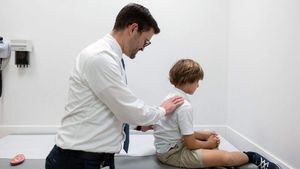

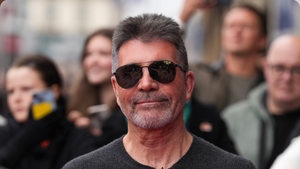


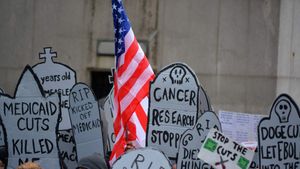
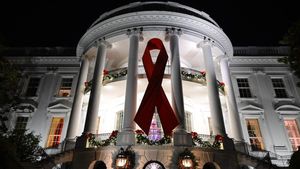
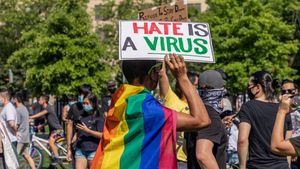
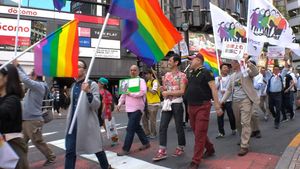










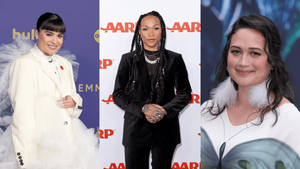


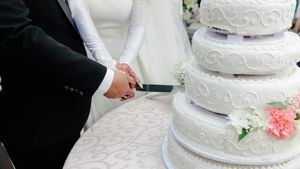



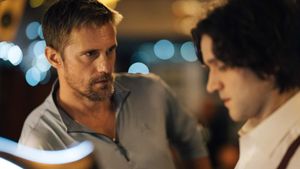


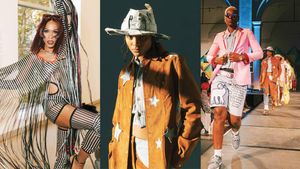

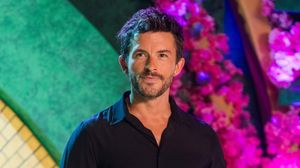


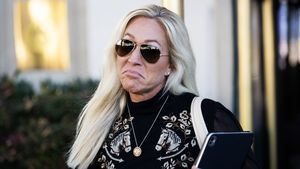
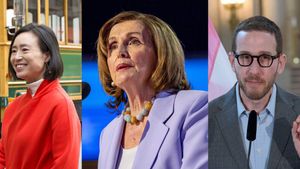
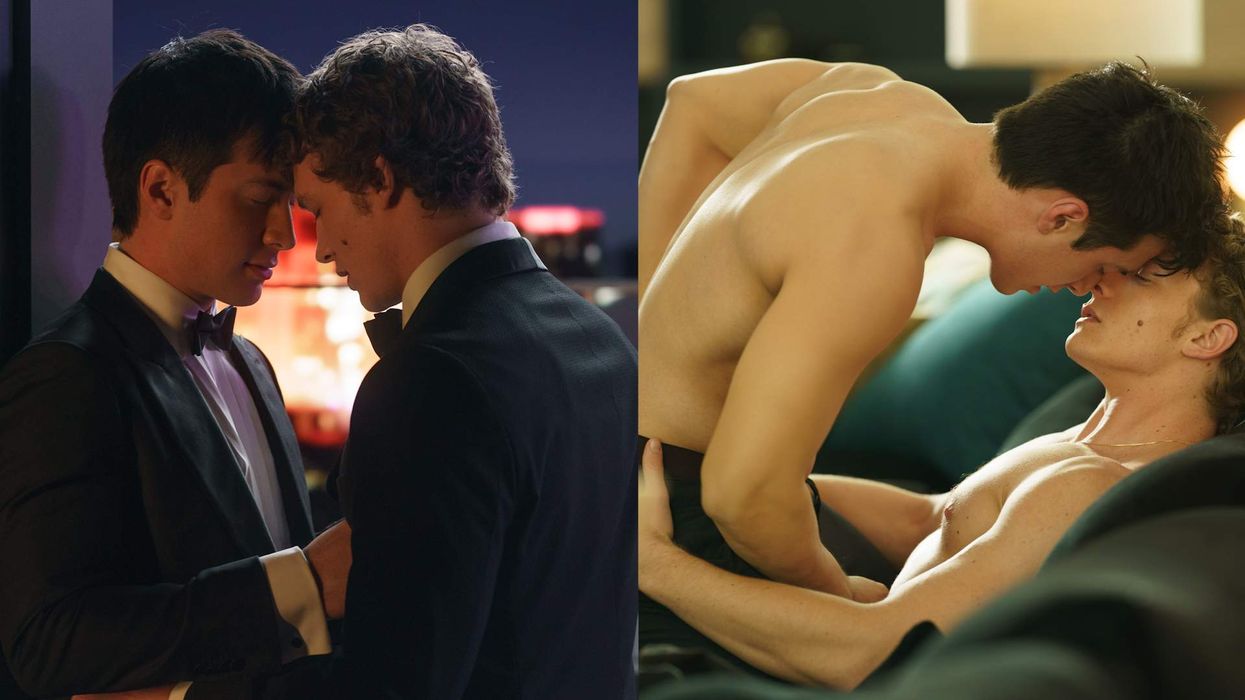
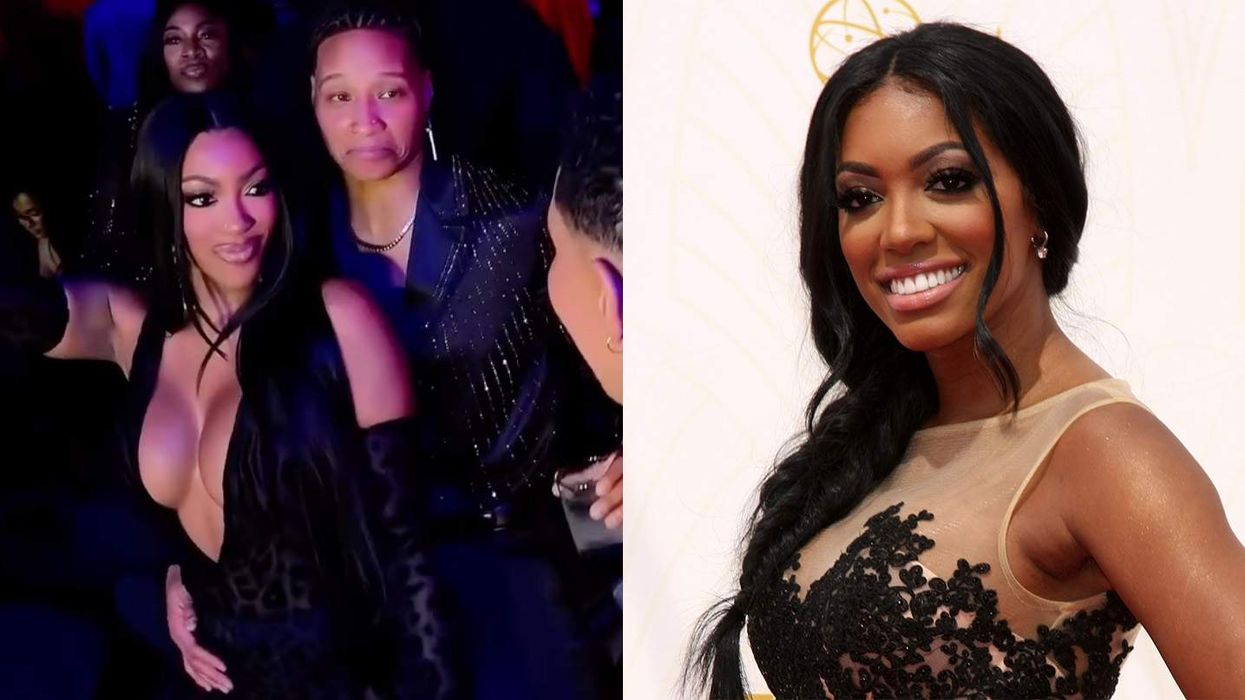

































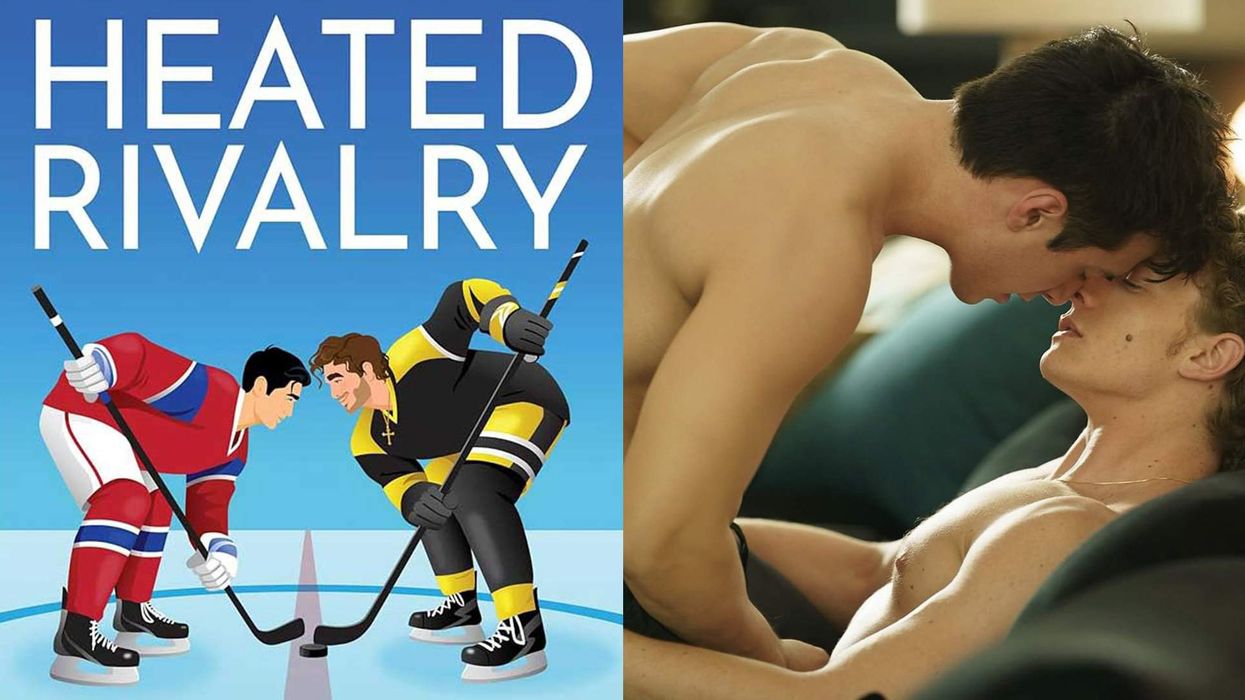
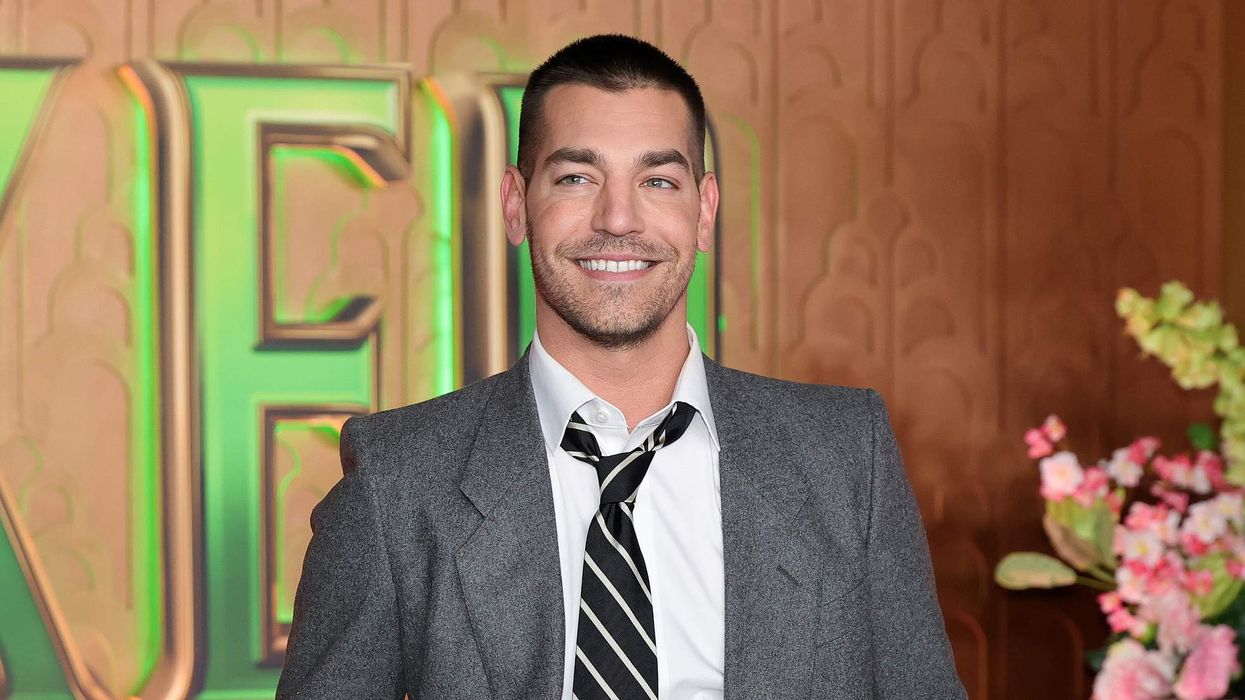
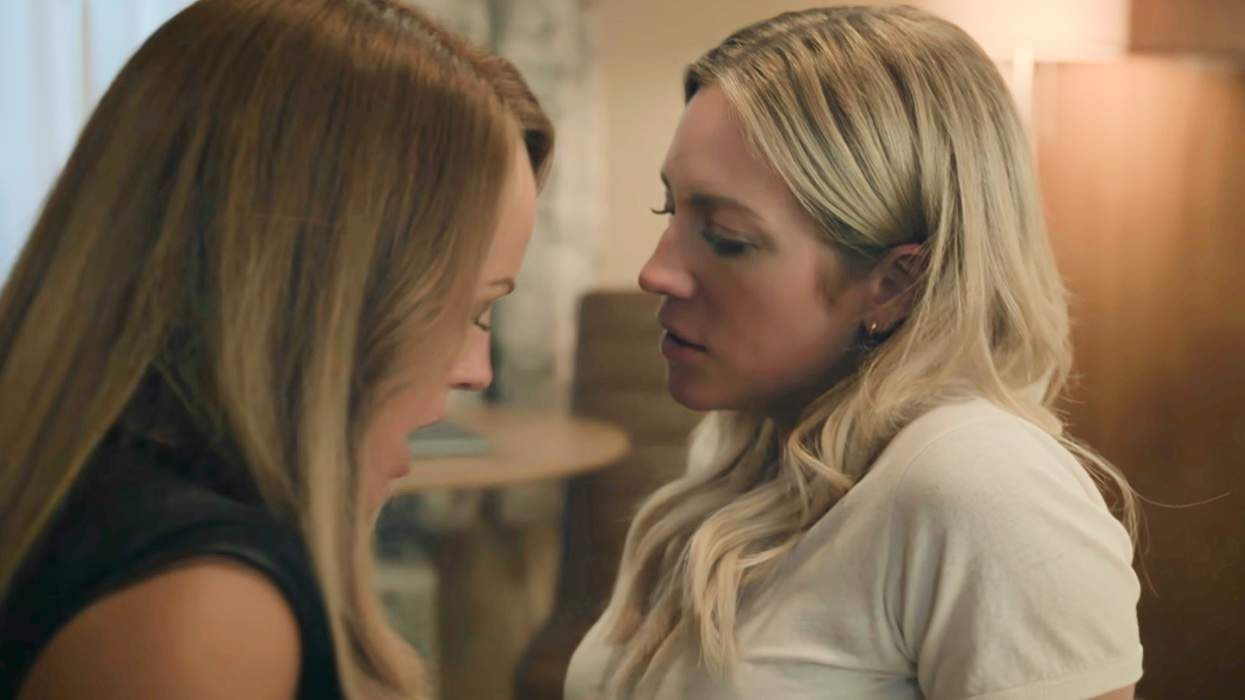
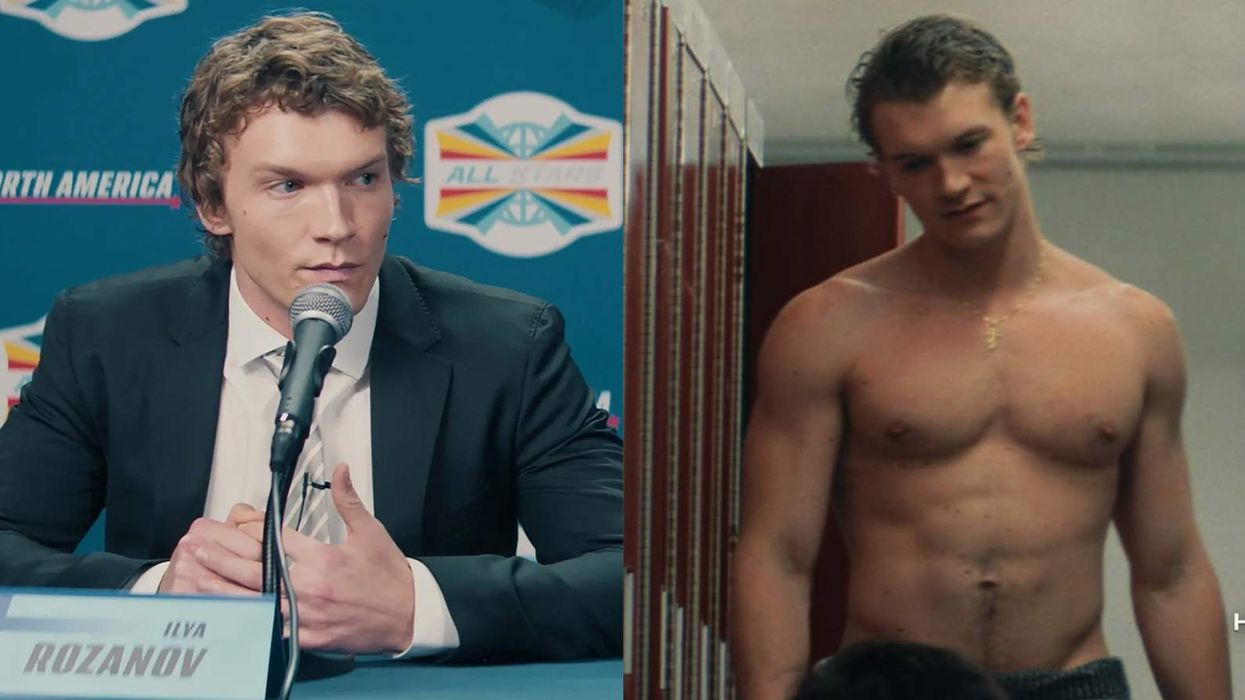
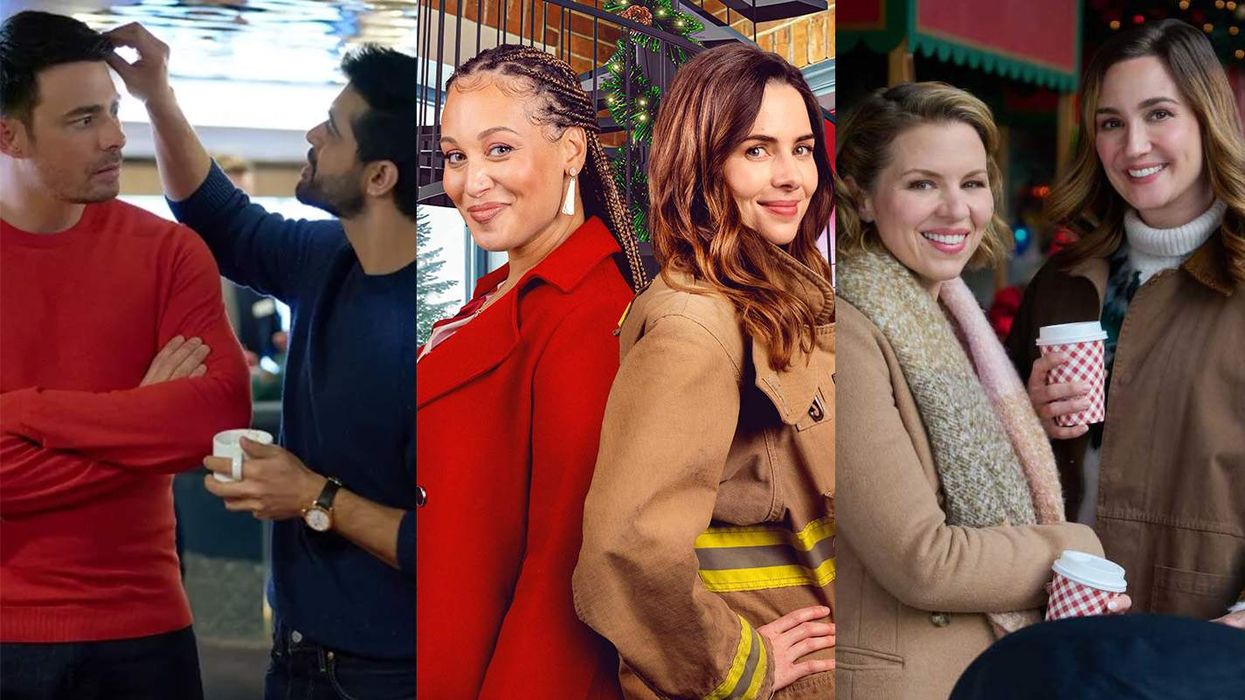

 Cindy Ord/Getty Images
Cindy Ord/Getty Images
























